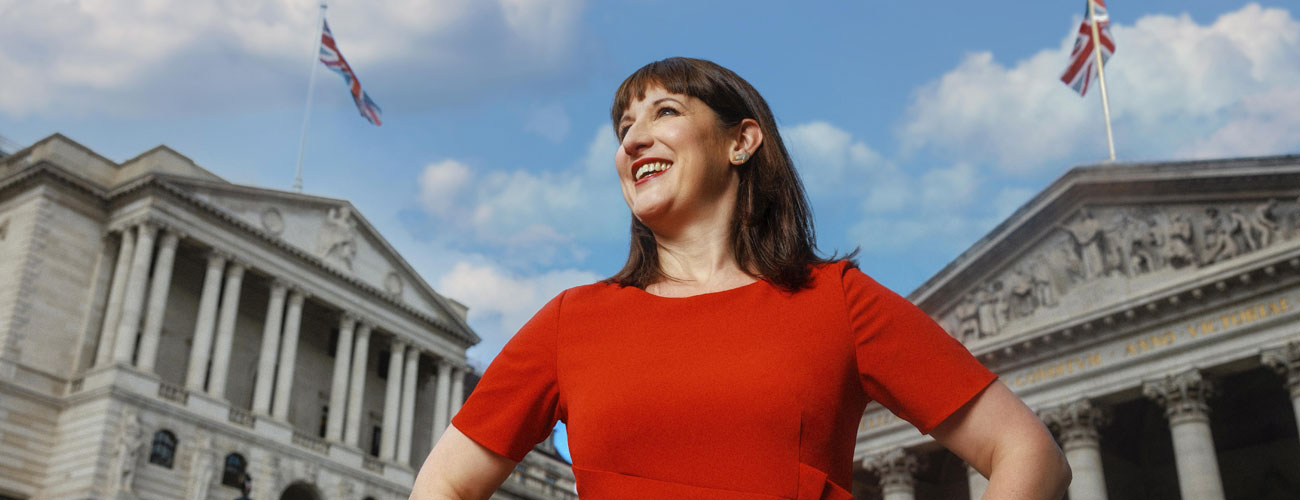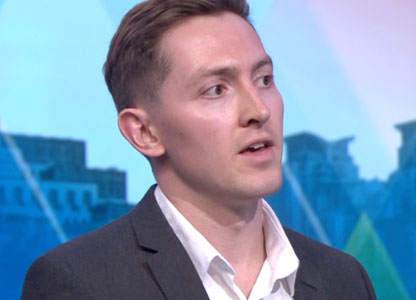The UK government is considering raising the tax on vapes in the Budget this month, according to reports.
Chancellor Rachel Reeves is said to be looking to bring the tax hike forward from plans outlined by the previous Conservative government.
A new tax on vaping products was set to take effect from 1 October 2026, after the Conservatives introduced the measure in their Spring Budget in March this year.
The move – said to be aimed at making vaping less appealing to young people – will introduce a levy of £1-3 per 10ml of vape liquid, increasing depending on nicotine levels. It could cost the average vape user around £72.80 a year, with an average £4 bottle of e-liquid rising to £5.40.
More money for the Treasury
The measures will raise around £120 million in the 2026/27 tax year, rising to £445 million by the following year, according to the Treasury. But Reeves – who says she needs to fill a £40 billion funding gap – is said to want to introduce the new tax in her Autumn Budget on October 30 .
An increase in the tax on vaping products is expected to go hand-in-hand with an increase in tobacco duty so as not to encourage people to switch to smoking.
Officials are also examining the prospect of redesigning the tax by turning it into a flat levy rather than one that varies by the nicotine strength of the product.
Anti-smoking experts have warned that taxing high-strength products by more discourages smokers from switching to vaping.
Deterring smokers from switching
Hazel Cheeseman, chief executive of the charity Action on Smoking and Health (ASH), said:
“We opposed higher rates of tax on stronger nicotine liquids for the very reason that they are a smoking cessation tool and higher prices may put off smokers who need high strength products to quit. A flat rate would be welcome.”
A public health source told The Guardian newspaper that the sector had been expecting the government’s Tobacco and Vapes Bill to be tabled at the start of this month, and that the delay could indicate changes being announced in the Budget.
“The one ask from the public health sector is that if the duty on vaping is increased then the same happens for tobacco, maintaining the differential and thus the incentive to move from tobacco,” the source said.
More than 40 countries have so far introduced taxes on vaping products. A Treasury spokesperson said: “We do not comment on speculation around tax changes outside of fiscal events.”



